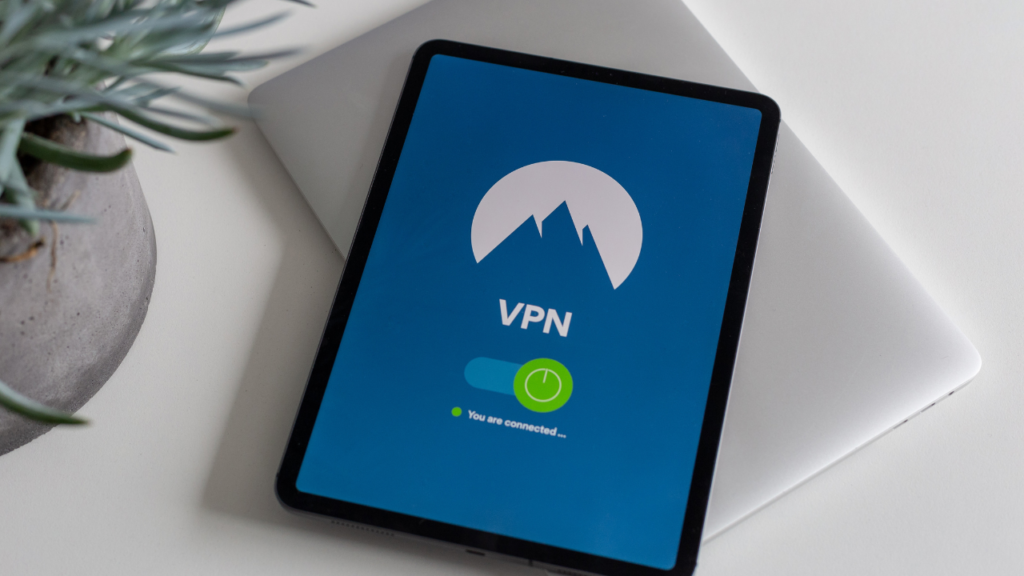How to Protect Yourself from Snapchat Scams
DataProt is supported by its audience. When you buy through links on our site, we may earn a commission. This, however, does not influence the evaluations in our reviews. Learn More.
Social media has taken nearly half of the world’s population, with 4.8 billion active users. Connecting people worldwide and revolutionizing the way we communicate.
Among many social platforms, Snapchat has emerged as the 10th most popular social network worldwide, with 383 million daily active users as of 2023.
However, with great popularity comes great responsibility, as scammers have also recognized the potential of Snapchat as a platform for their deceptive practices.
Delve into the realm of Snapchat scams, explore the various types, and equip yourself with valuable insights on safeguarding yourself around them.
What is Snapchat?
In 2011, Snapchat, a multimedia messaging app, was launched and known for its features allowing you to send photos or videos that can disappear after viewing.
Since its launch, the app has constantly been updating, adding more and more new features. These unique features like filters, stickers, Bitmoji avatars, and augmented reality-based special effects and sounds.
However, like any other popular social media platform, Snapchat has become a breeding ground for scammers.
These scammers often use deceptive tactics on users to collect sensitive information or gain access to their accounts.
Research by the Federal Trade Commission (FTC) reported an average loss of $770 million to social media scams in 2021.
Continue reading to understand the common scams on Snapchat to protect yourself from falling victim to these schemes.
Types of Snapchat scams
Snapchat scammers use numerous methods of data breach, phishing, and manipulation to make a victim fall into their trap.
A data breach is the most common way to hack a user’s account, where they gain access to details like your user ID and password.
Snapchat Premium Scams
This scheme involves a premium Snapchat account that publishes explicit photos or videos of fake models and Snapchat Girls. These accounts promise to share this content only if you subscribe and pay through CashApp or sign up on a different website with your bank account details.
After paying the fee, you are instantly blocked; before you know it, your money or your information would have been taken advantage of.
Phishing Scams
Nowadays, phishing scams are on the rise. Scammers will send emails or messages that appear to be from Snapchat. These messages often come with a link that will direct you to a fake Snapchat login, where they can capture your login information.
This is also known as clone phishing, where they make a clone of an email from a legitimate company. After the scammers have gotten what they need, they can try to find your financial details or go through your friends list to find another victim.
Research published by INKY says they detected over 6,800 Snapchat phishing emails within just two and a half months in 2021.
“Fake friend” Scam
Hackers that have gotten a hold of a friend’s account will go through a list of contacts, pick a person, and create made-up stories to ask for money. Hackers may even create impostor accounts and impersonate a user to extort money from the actual person’s friends and family.
That next victim could be you, so try to call that friend to confirm whether or not they have sent you a message on Snapchat. Additionally, never give your login information when a “friend” asks you to help them get back their account.
In 2022, over 1.1 million people reported identity theft to the FTC, and scammers contacting people through social media had the highest total loss of $1.2 billion.
Romance Scam
Although Snapchat is not a dating app, it can still serve the same purpose as other dating sites. Online dating scams or “romance scams” can happen on any platform, and it sure happens on Snapchat too.
Usually, fake accounts are made with stolen pictures from attractive people and trick users into believing that they are who they claim to be. So, be suspicious when they refuse or make excuses not to do a video call.
These are also known as “Snapchat catfish scams” and usually take a lot of time for scammers to build a rapport before asking you to send money by wire transfers, gift cards, and cryptocurrency.
According to FTC’s Consumer Sentinel Network, romance scams cost 70,000 people around $1.4 billion in 2021.
Meetup Scams
Snapchat meetup scams are similar to premium scams, except the scammer will offer to meet up instead of using explicit content. These fraudsters will make their accounts very convincing with photos and videos and even have lengthy conversations with you to build trust. Most victims willingly give their money with the thought of having an in-person date that will never happen.
Sugar Daddy/Mommy/Baby Scams
This setup usually starts with the sugar baby, looking for an older person to support them financially in return for favors. These favors may vary from companionship to very personal photos or videos.
Scammers try to find these sugar babies and appear to be sugar daddies/mommies. Who eventually takes advantage of the younger person and makes “payments” that never actually come through. They might also ask for your information and try to gain access to your bank account.
How to Protect Yourself from Snapchat Scammers
Given the persuasive nature of scams, adopting preventative measures to protect your personal information is essential. Contact Snapchat support if you think your or a friend’s account has been hacked.
Here are some tips to remember:
- Be Skeptical: Always be cautious when interacting with strangers or people you’ve only met for a short time on Snapchat. Always be suspicious of messages offering something or asking for personal information.
- Never send money to people you meet on Snapchat: Whether it be a friend or someone you have known briefly, do not be too trusting when someone asks for financial help through the app.
- Strengthen your privacy settings: Configure your Snapchat settings to limit who can contact you and view your stories. Only accept friend requests from those you’ve met in real life.
- Verify your email and mobile number: When creating an account, be sure you have connected your email and mobile number, which will help you verify that the account belongs to you if you cannot access it.
- Use strong and unique passwords: Don’t use the same passwords across multiple platforms. Use Two-Factor Authentication, where Snapchat sends a unique code to your device every time you log in. This can also help alert you if anyone is trying to access your account.
- Avoid sharing personal information: Be wary of sharing personal details such as:
- Login details (passwords, email addresses, phone numbers)
- Photos and videos of yourself
- Your location
- Your Birthday
- Bank account information
These are only some tips that can help protect you from scammers on Snapchat. Using background check sites and people search sites can also aid in protecting you.
Using Social Catfish to Verify Someone’s Identity on Snapchat
Apps like Social Catfish offer valuable features that can help protect you from scams.
Social Catfish enables you to verify the identity of individuals, check if an account is fake, and investigate potential scammers before engaging with them.
They have numerous features, such as:
- Reverse Name, Phone, Username, Address Lookup: With any available information you have, you can find valuable information about the owner, helping you identify potential scammers.
- Email Search: This allows you to investigate the origins of suspicious emails, uncovering any underlying fraudulent activities.
- Image Search: This feature allows you to conduct a reverse image search, ensuring that scammers do not steal or use the photos.
- Social Media Search: This tool cours multiple social media platforms to verify an individual’s online presence, providing you with a broad sense of their digital footprint.
Social Catfish doesn’t have a free trial, but they have coupons and discounts that you can use if you’re not ready to subscribe to their monthly plans.
Bottom Line
Although we can’t prevent the presence of scammers, you can still protect your information and have a safer social media experience. You can do that by familiarizing yourself with the common Snapchat scams and implementing preventative measures.
Remember to exercise caution, use strong privacy settings, and consider utilizing verification tools like Social Catfish to avoid falling victim to these scams. Stay safe and enjoy your time on social media responsibly.


